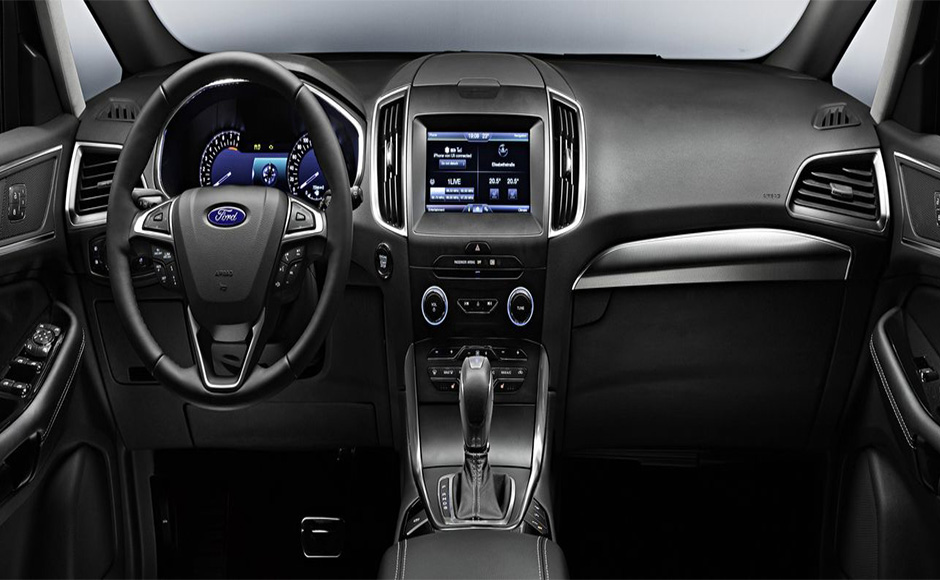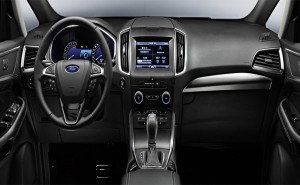
Ford scraps cardiovascular detecting car seat research
In 2014, Ford had allocated a research budget of $5.5bn £3.63bn. Research into Ford’s one of the project to develop driving seats that could monitor a driver’s cardiovascular system for irregularities, using a camera and sensors on the steering wheel and detect heart attacks and engage steering and breaking systems to bring the car to a halt , was scrapped on the quite, as cheaper and more accurate wearable technology including Applewatch, Google and Tesla has taken over the market.
Ford’s research at Silicon Valley, is at the cutting edge of technology, recently launched a people carrier which can scan speed limit signs and adjust the throttle accordingly, so one could never get a speeding ticket.
Other safety features the motor industry have launched, Pre-Crash Safety with collision-avoidance assist is similar to systems used by Toyota, Volvo and most recently, BMW. It detects when a collision with a vehicle or pedestrian and if the driver fails to react to a situation, it automatically apllies the brakes. Future versions could even steer away from an accident.
Adaptive Driving Beam is a preventative technology that improves safety for other road users. You’ll be familiar with the dazzling headlights of many modern vehicles. Toyota’s tech is an adaption of automatic high and low beam switching, which now shields headlight beams from oncoming road users whilst maintaining as much light as possible for the driver.

